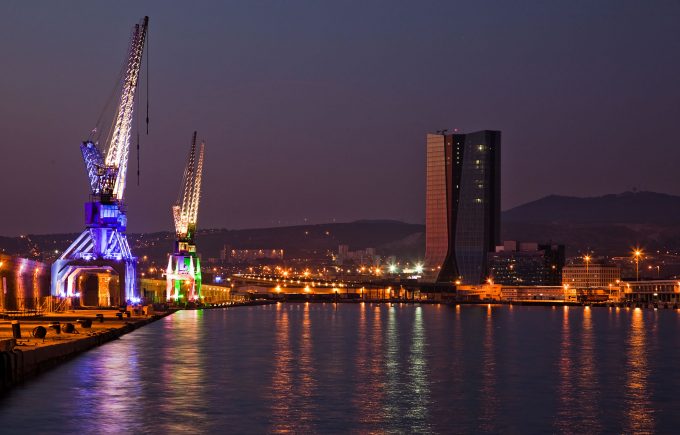News in Brief Podcast | Week 21 | GRIs and European port congestion
In this episode of The Loadstar’s News in Brief Podcast, host and news reporter Charlotte Goldstone ...

CMA CGM saw revenue increase by 5.5% in the first quarter, compared with the same period of 2018, to $5.7bn.
And this figure excludes the contribution from the CEVA Logistics acquisition.
Due to “strong development in intra-regional routes”, the carrier’s liftings rose 4.4%, to 5.16m teu, which ...
Keep our news independent, by supporting The Loadstar
Red Sea crisis has driven most new capacity into extended Asia-Europe trades
Explosions and 'out-of-control' fire reported on Wan Hai box ship
Carrier price hikes hold, driving spot rates higher as space gets scarcer
Crew forced to abandon ship in latest fire on vessel carrying EVs
The Loadstar Podcast | Transport Logistic and Air Cargo Europe 2025
Asia-West Africa ULCV deployment opens new markets for carriers
Turkish Airlines falls foul of air safety regulations, claims India's aviation authority

Comment on this article